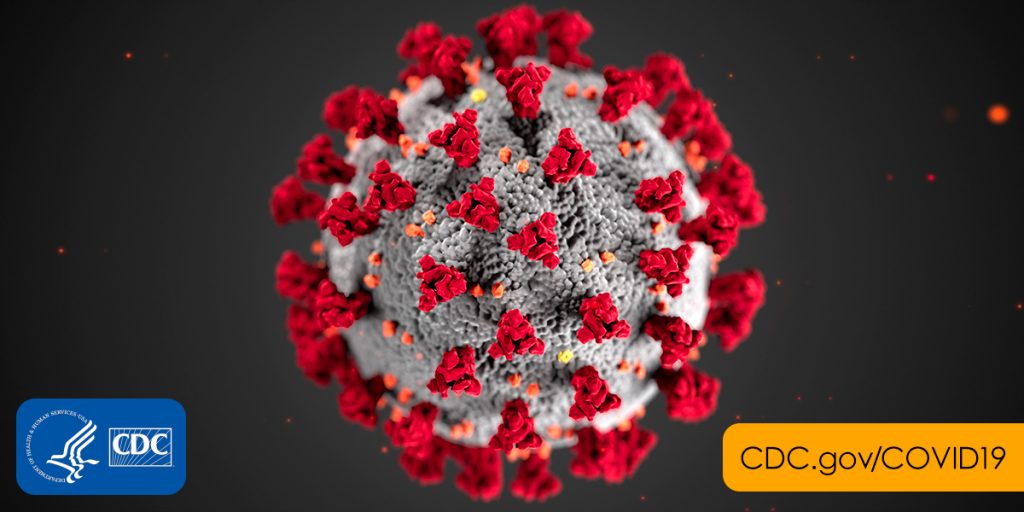|
March 3, 2020
COVID-19 UPDATES
In light of the local outbreak of Coronavirus (COVID-19) we want to proactively communicate with patients about prevention, precautions, and risk factors. Our intention with this outreach is to keep patients informed & healthy, not to incite worry or fear. Review the FAQ page below for relevant recommendations and information.
Please note, recommendations regarding COVID-19 from the CDC and King County Public Health are subject to change as frequently as daily. We will update this mailing as any major changes evolve (at a minimum of weekly) for the immediate future. Please refer to the CDC and KCPH resources above for most current information.
Frequently Asked Questions:
1. What is Coronavirus?
Coronavirus Disease 2019 (COVID-19) is a virus strain that has only spread in people since December 2019. Health experts are concerned because little is known about this new virus & it has the potential to cause severe illness and pneumonia in some people.
2. What are the symptoms?
People who have been diagnosed with novel coronavirus have reported symptoms that may appear in as few as 2 days or as long as 14 days after exposure to the virus:
- Fever
- Cough
- Difficulty breathing
3. How is COVID-19 spread?
Health experts are still learning the details. Currently it is thought to spread:
- Between people who are in close contact with one another (within about 6 feet).
- Via respiratory droplets produced when an infected person coughs or sneezes.
- These droplets can land in the mouths or noses of people who are nearby or possibly be inhaled into the lungs.
4. How do I prevent the spread of COVID-19?
It’s important that everyone take steps to reduce the spread of novel coronavirus, especially to protect those who are more vulnerable. Currently, there are no vaccines available to prevent COVID-19 infections. Steps you can take to prevent spread of flu and the common cold will also help prevent coronavirus:
- wash hands often with soap and water for at least 20 seconds. If not available, use hand sanitizer.
- avoid touching your eyes, nose, or mouth with unwashed hands
- avoid contact with people who are sick
- stay home while you are sick and avoid close contact with others
- cover your mouth/nose with a tissue or sleeve when coughing or sneezing
- If you are traveling overseas, check for the latest COVID-19 Travel Alerts and follow the CDC’s Travelers’ Health guidance: https://wwwnc.cdc.gov/travel
5. Is there any benefit to wearing a face mask in public?
Public Health does not currently recommend that people wear masks in public. Scientists are unsure if wearing a mask in public actually keeps healthy people from getting sick. However, people who are sick should wear a mask in a healthcare setting (such as a waiting room) to avoid exposing other people when they cough or sneeze.
6. How severe is COVID-19?
Most coronavirus illnesses are mild with fever and cough. The vast majority of people with novel coronavirus infection do not require hospital care. A much smaller percentage of people get severely ill with respiratory problems. Elderly people and people with underlying medical conditions are at highest risk.
7. What’s the treatment for COVID-19?
There are no medications specifically approved for the treatment of COVID-19. Most people with mild COVID-19 illness will recover on their own by drinking plenty of fluids, resting, and taking pain and fever medications. However, some cases develop pneumonia and require medical care or hospitalization.
8. Who gets tested for COVID-19?
Currently, all testing allowed by the state is limited to:
- sick hospitalized people with respiratory failure of unknown cause
- febrile/respiratory patients returning from coronavirus hot zones
- contacts (symptomatic or not) of a known coronavirus case
As the lab makes its way through those groups, perhaps they will expand to not-hospitalized febrile/respiratory patients.
9. Protocol for seeking care at Wise Patient:
Like all healthcare facilities we have an established protocol for appointments with symptomatic patients to minimize exposure to staff and other patients. Please contact us in advance of your appointment if you are experiencing fever, cough or shortness of breath so we can best advise you and prepare the clinic to care for you. Additionally, we encourage patients to utilize Spruce & telemedicine resources to communicate with us.
10. Sources for this publication & resources for more information:
|



